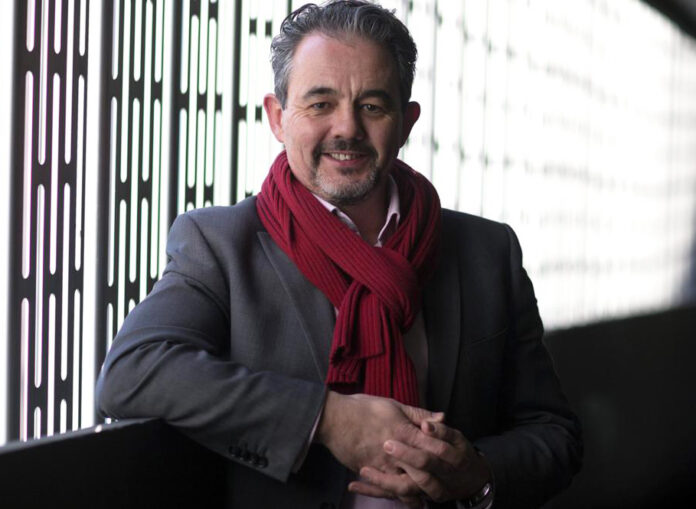
CHILDREN in Limerick who took the brave step of speaking out about sex abuse could wait up to five years for counselling, with the waiting list for services doubling since lockdown.
There are 254 children – 31 of them in Limerick – waiting to access services provided by Children at Risk in Ireland (CARI) a national support charity for children and adults affected by child sexual abuse.
The charity is calling for immediate emergency Government funding as its waiting list doubles to the longest it has experienced in its 33-year history.
CARI offers professional, child-centered therapy, support and advice for children who have experienced sexual abuse. The organisation estimates it will take five years to clear the list if it cannot fund and staff its service adequately.
One in five people in Ireland experience an incidence of abuse in childhood.
CARI General Manager Colm O’Brien said: “Covid forced us all to stay at home for long periods but sadly, home is not a safe place for some children and adolescents.
“It is not acceptable that children and families who have been brave enough to break their silence and take that first step to seek help, will be forced to wait to start healing their trauma.
“We have a clear vision for children and families who experience child sexual abuse in Ireland, and we are confident that our model of service provision works. So, we have engineered the physical capacity to see around 52 families a year across our two centres in Limerick and Dublin, which would enable us to clear our waiting list within two years. But we need secure and adequate financial support to allow us to increase resources and clear waiting lists.”
CARI warns that the trauma experienced by survivors of child sexual abuse may lead to depression, self-harm, suicidal ideation, substance misuse and relationship difficulties.
Mr O’Brien added that the organisation “is currently dependent on, and grateful for, state funding from Tusla as well as relying on community and corporate fundraising to deliver core services. The business community and the public are loyal supporters of our work. They organise fundraising events and make donations through our website www.cari.ie but they cannot be expected to fill the gaping funding hole left by lack of Government support.
“We are running to stand still and we can’t continue like this, the issue is just too serious”.









